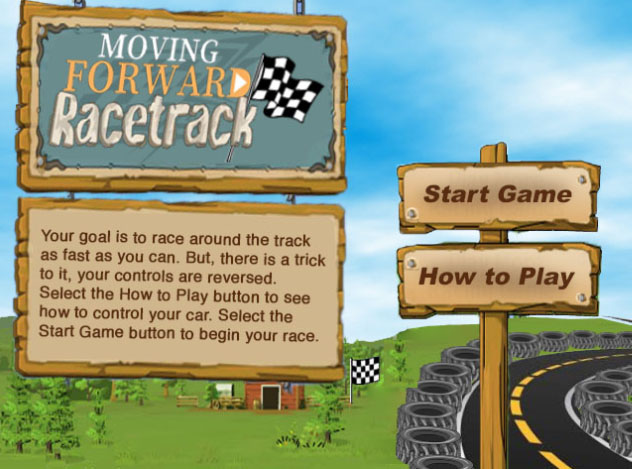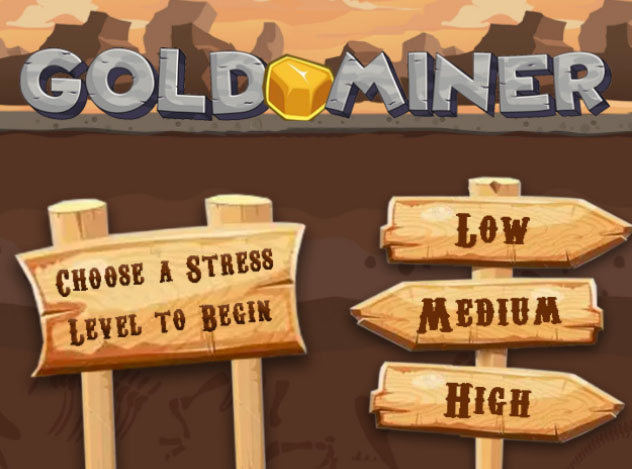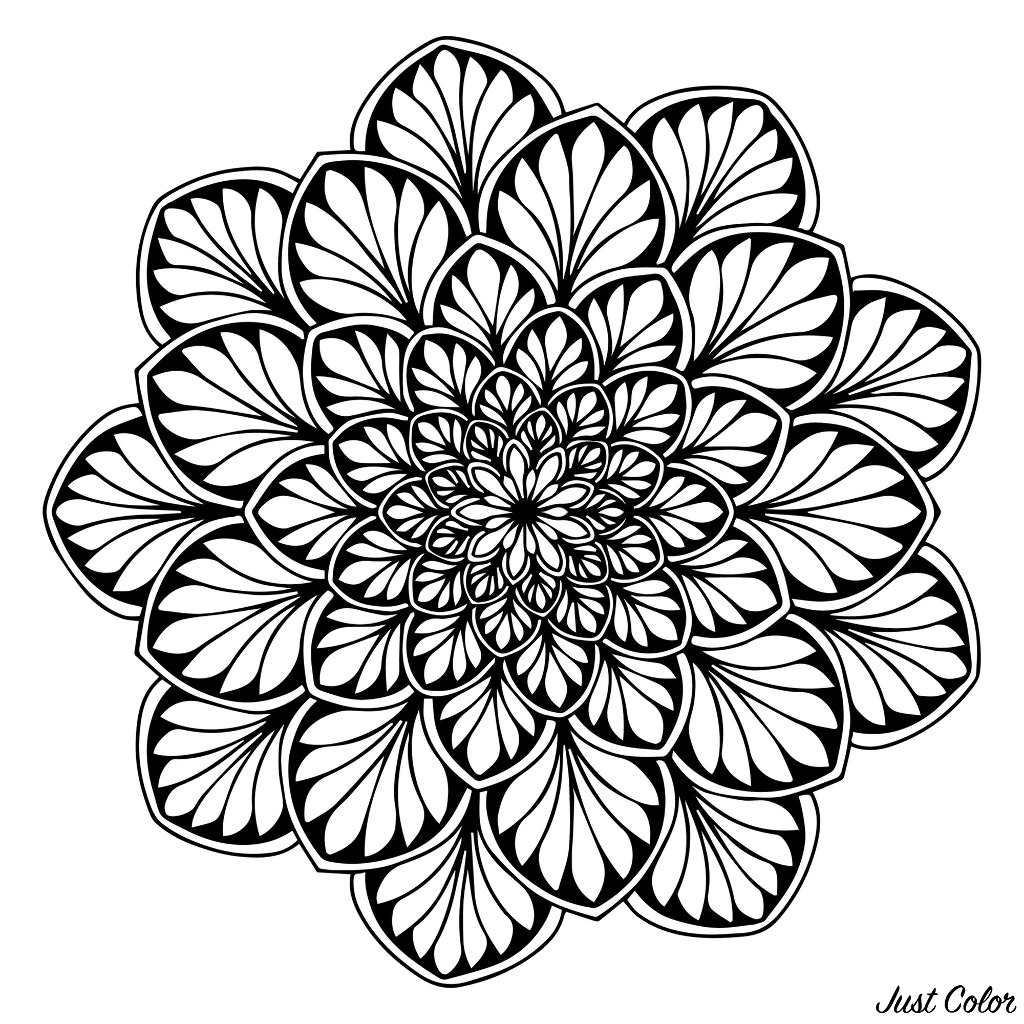Welcome to our Virtual Zen Den
This Relaxation Room at Texas A&M University-San Antonio, Student Counseling Center is intended to provide a safe, calming, and comforting virtual environment for the A&M- SA community to learn and strengthen their coping skills.
We're glad you took the time to stop in. Please take this time to review the resources below and check in with yourself. This space is for you, and this time is for you. Please click play on the video below to listen to soothing music as you browse our resources.
Relaxation is a process that reduces the impact of stress on the mind and body. It offers a form of intentional self-care and has been known to have several benefits, including reducing the activity of stress hormones, improving concentration and mood, and boosting confidence to navigate life's challenges. When students come to this Virtual Relaxation Room, they can explore multiple resources to help improve their emotional health and well-being, all in the same space.
Relaxation is a process that reduces the impact of stress on the mind and body.
Progressive Muscle Relaxation: muscle tension is used to recognize calmness in your body.
Breathe Work : the practice of deep breathing to release calming chemicals in the brain.
Deep breathing (handout) : "Deep breathing is a popular relaxation technique that helps control stress, anxiety, and anger symptoms. The skill is easy to learn, and provides near-immediate relief from uncomfortable symptoms." - Therapist Aid.
How to do Deep Breathing (short video) : This video briefly describes deep breathing followed by guided practice. - Therapist Aid
Relaxation Apps : Access self-help tools to help you decompress.
Calm: Available for download on Android and iOS
CBT I Coach: Available for download on Android and iOS
Insight Timer: Available for download on iOS
Liberate Meditation: Available for download on Android
Relax Now: Available for download on iOS
Smiling Mind: Available for download on Android and iOS
Stop, Breath, Think: Available for download on iOS
The Mindfulness App: Available for download on Android and iOS
Virtual Hope Box: Available for download on i OS
⇑back to top
Coping skills are activities you can engage in when you are experiencing distress, so you can use these to help you manage the problems even more effectively.
Quick Distractions: Use to help reduce solid physiological reactions at the moment to regain a sense of control.
Grounding Techniques: Use to refocus your attention on the present moment. Grounding techniques help manage flashbacks, anxiety, and other uncomfortable symptoms by turning attention away from thoughts, memories, or worries and refocusing on the present moment.
Grounding Techniques (handout): 5, 4, 3, 2, 1; Categories; Body Awareness; and Mental Exercises. - Therapist Aid
30 Grounding Techniques to Quiet Distressing Thoughts : this guide includes physical, mental, and soothing techniques. - Healthline
Finger Fan: Extend your arms straight before you with your palms up. Spread your fingers as far as possible. Hold for five seconds. Repeat at least three times.
Upper Back Stretch: Sit straight with your fingers laced behind your head. Keep your shoulders down, lift your chest, and bring your elbows as far back as possible. Hold for 10 seconds.
Sensory Stimulation: Tap into your senses to reduce over-arousal effects on the nervous system.
Mindfulness Exercises - Body Scan (audio) : A typical Body Scan runs through each part of the body, paying particular attention to how each area feels. The scan usually moves systematically through the body, e.g., starting at the feet and moving upwards through the body. Try this 30-minute guided narrative by expert and founder of Mindfulness-Based Stress Reduction Jon Kabat Zinn.
Mindfulness Eating Exercise : This mindful eating experience with Linda Smith from Duke Integrative Medicine. You can prepare for this exercise by choosing a particular food to experience it with. Many choose a raisin, a piece of chocolate, or something delightful.
Online Games: Decompress with a fun game to lift or shift your mood!
Jigsaw Puzzles: Available for download on Android and iOS
Antistress and Relaxation Toys: Available for download on Android and iOS
The Word Search : A vast collection of word search puzzles online, with new ones regularly added. They are fun to play but also educational. Many teachers make use of them. - TheWordSearch.com
Communication : Remember, effective communication can support our personal development and interpersonal relationships with others.
Self-Management: Self-awareness is critical when it comes to unlocking our fullest potential with others.
What Are Your Emotions Telling You? : "Emotions are complicated and can be extremely confusing. There is no easy way around this." Use this resource to help identify your emotions and gain insight into what they are trying to tell you. Click here to access a helpful worksheet created by Growlery Counseling & Therapy.
Healthy thinking (handout): "We all find ourselves coping with troubling thoughts from time to time—especially when we're going through changes in our lives or when we feel depressed, anxious, sad, angry or stressed out." - Trails to Wellness.
Unhealthy Thinking Styles (handout): Sometimes, you may want to guess second what your brain tells you. It's not that your brain is purposely lying to you. It's just that it may have developed some faulty or non-helpful connections over time. Unhealthy thinking convinces us of inaccurate and often harmful things. The mind persuades us of something that isn't true. These wrong thoughts usually reinforce negative thinking or emotions, making us feel bad about ourselves. -Psychology Tools
Communication Tips: Some forms of communication are ineffective and counterproductive. If you find yourself stumbling into a communication trap, consider an alternative.
Active Listening Skills (handout): Treating listening as a dynamic rather than a passive process. This means participating in conversation rather than acting as an audience. Active listeners listen, encourage sharing, and strive to understand the speaker. - TherapistAid.com.
Assertive communication (handout): A communication style in which a person stands up for their own needs and wants while also taking into consideration the needs and wants of others without behaving passively or aggressively. - TherapistAid.com.
Reflections (handout): This technique can help you become a better listener. When reflecting, you will repeat what someone has just said to you, but in your own words. This shows that you didn't just hear the other person but are trying to understand them. - TherapistAid.com.
Self-care is any healthy proactive activity we "do deliberately to take care of our mental, emotional, and physical health. Good self-care is key to improved mood and reduced anxiety. It's also key to a good relationship with oneself and others." - PsychCentral.
Creative Expression : Creative expression can support a healthy release of emotions and allow us to process our thoughts more deeply.
Silk Interactive Generative Art: Silk Interactive Generative Art
Happy Color: Google Play – Apple Store
Just Color: Coloring Pages for Adults ; discover 1,500+ Free Adult Coloring pages to download in PDF or print.
Guided Meditations: Self-Compassion Guided Meditation with Dr. Kristin Neff.
Self-Compassion Break : 5 minutes (audio only)
Soften, Soothe, Allow: Working with emotions in the body : 15 minutes (audio only)
Noting Your Emotions : 18 minutes (audio only)
Calming Sounds: Relaxing sounds help ease our Fight or Flight response by helping our brains connect with non-threatening stimuli. Lift or shift your mood with the selections below!
Calm Sounds: Click here to start nature sounds
Chill Sounds: Click here to begin instrumental music sounds
Time Management helps you balance how you divide your time and energy, which can be tricky, but doing so can reduce distress. Identifying your priorities and being realistic about how much you can devote to the different areas of your life is essential. Procrastination and having tasks pile up can lead to increased stress and anxiety. Sharpening your time management skills can help improve your confidence and self-esteem and help you stay on top of your schedule and feel more in control!
Time Management Tips found here (handout)
Avoid Procrastination (handout) : Connect with the Student Academic Success Center - here.
Nutrition and Exercise: Mental well-being is strongly connected to physical well-being. Eating a healthy diet and regular exercise can significantly improve your mood. A healthy diet gives your mind and body the nutrients to function well. Additionally, exercise releases endorphins in the body, a "feel good" hormone. Click on the resources in this section to learn ways to improve your overall physical wellness, which will impact your mental health.
Yoga Moves for Better Sleep (handout) - WebMD.
Yoga with Adriene - click here to browse Adriene's library of free yoga videos to find a practice that suits your mood and needs.
Get Moving! Regular physical activity can help reduce muscle tension and prompt the body to produce endorphins – your body's natural feel-good chemicals. At least three times a week for 20 minutes, integrate short walks and quick stretches.
Reading/Videos/Podcasts: Self-help through reading, listening to podcasts, and watching relevant videos can provide an outlet for you to learn more about yourself and skills that might help your sense of well-being. Many literature and resources are available to learn about a particular topic or focus on general wellness. The following are resources SC&WS has hand-selected to help you on your journey.
Recommended Readings: A variety of readings to support your self-care journey.
Increase Your Happiness:
Lifehack: 10 Ways to Be Happier
The New York Times: Benefits of Spending Time Outdoors
Tinny Buddha: 30 Self-Care Tips: How to Avoid Sickness, Burnout, and Exhaustion
Military Veterans:
Veteran Affairs: Resources to Empower Veterans' Mental Health
VA Healthcare Training Programs: Videos and interactive games
Moving Forward - Overcoming Life's Obstacles : Resources ( videos and games )
Anger & Irritability Management : Resources ( videos and games )


TexVet: Connect with fellow Veterans in a peer support group or one-on-one with a local peer through the military Veteran Peer Network (MVPN)
LGBTQIA+ and Loved Ones:
PFLAG: Recommended Readings - Coming Out
PFLAG NYC is often asked to recommend books on lesbian, gay, bisexual, and transgender ( LGBT ) subjects. From the early stages of learning about an LGBT loved one or coming out to finding out more about the LGBT community and current issues, the books listed here help you become well-informed.
My Choice Not to Choose by D'Lisa DarLuz, as highlighted by Barnes and Noble, details the coming out experience of then fourteen-year-old DarLuz and her emotional journey to finding inner happiness. Along this journey, the author mustered up the courage to overcome the traumas of abuse, the scars of domestic violence, and the loss of a brother, followed by the death of a father. DarLuz details the struggles of being torn between the shadows of her Baptist upbringing and developing her spiritual connection. An extreme self-love advocate, she stresses the importance of healing one's soul before seeking acceptance within the family. My Choice Not to Choose was written in the hope that members of the LGBTQ community and their loved ones will learn the importance of unconditional love.

I inclusive reading for BIPOC:
Mental Well-being & Connectedness During COVID-19:
Additional Resources: The A&M-SA University Library has created this guide to include resources and tips for caring for one's mental well-being during COVID-19. The goal is to guide you in staying connected and creating a safe online space.
Video Series or Podcasts: Tune in for more perspective or connect with inspirational and practical strategies for navigating life challenges.
Video Series by Brene Brown, Ph.D. Podcasts by Morgan Harper Nichols, Author
Podcasts by Morgan Harper Nichols, Author
Video Series by Student Counseling & Wellness Services at Texas A&M-SA: Nourish to Flourish
Virtual Zen Den Disclaimers: The content reflects a compilation of psychoeducational resources collected from educational, clinical, and online programs. Please note that A&M- SA SCC is not affiliated with any specific program or professional listed here. Instead, the resources, selections, readings, and other materials listed here are provided as a convenience.
The content provided here intends to provide awareness and resources only. Seek information from qualified physicians or mental health care professionals for specific questions about a medical condition or mental health issue.




